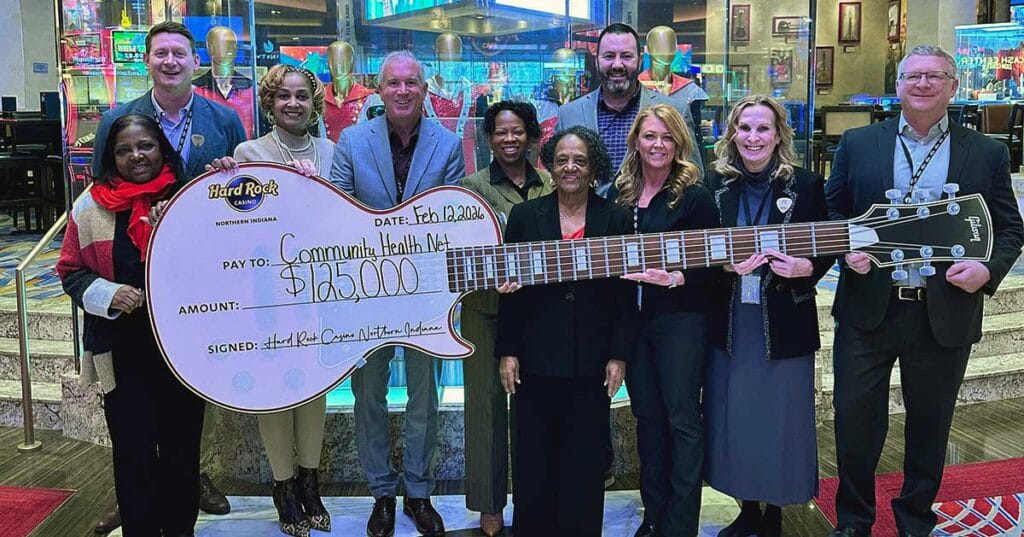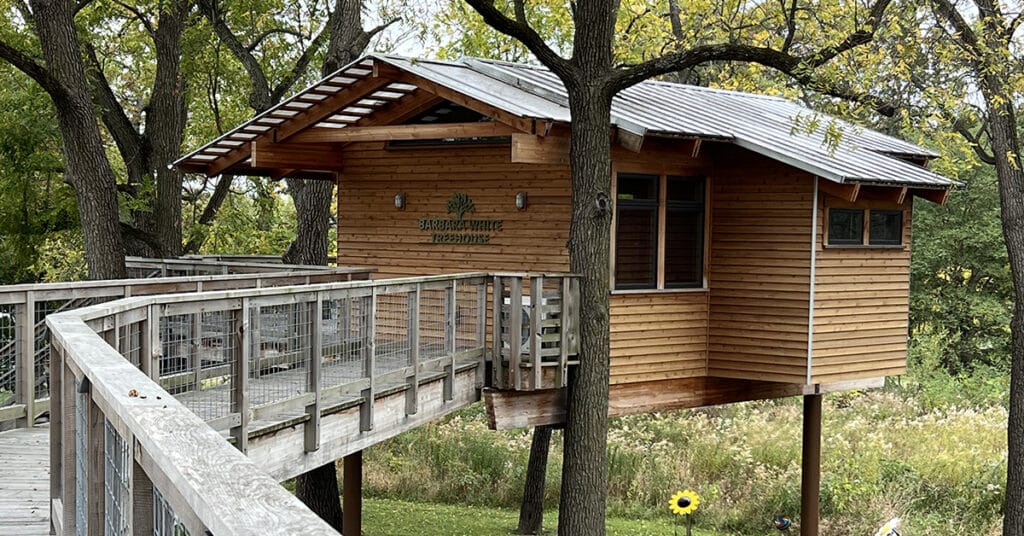WEST LAFAYETTE – Startups based on Purdue University patented intellectual property have raised more than $96 million in the past two years in local, state, federal and private funding and created 156 positions.
The funding was raised by the 24 members of the Purdue Startup Class of 2014 and the 25 members of the Purdue Startup Class of 2015. Both groups of startups licensed technologies from the Purdue Research Foundation Office of Technology Commercialization. In the same period, another 39 startups have originated from non-patented Purdue “know-how.”
“In the past two years we have seen an incredible increase in startup creation that is demonstrated in Purdue's back-to-back record-breaking years,” said Dan Hasler, president and chief entrepreneurial officer of the Purdue Research Foundation. “As we have always known, even more important than the quantity of the startups is their subsequent impact on economic value and commercial execution. We are pleased with how this cohort of companies is progressing.”
The startup class is composed of companies that operate in sectors such as engineering, industrial technology, information technology, life sciences, nanotechnology, pharmaceuticals and software. Positions created represent individuals working more than halftime at a company or working for equity in a startup.
Funding sources for startups include federal and state grants such as SBIR/STTR, venture funds and private funding. Purdue-affiliated startups also received funds from a number of Purdue funding programs including Purdue Ventures, a $37 million venture fund, and the Elevate Purdue Foundry Fund, which is jointly operated by the Purdue Foundry and Elevate Ventures, a not-for-profit organization that supports startup creation and company growth in Indiana.
“These results would simply not be possible without the great support of Elevate Ventures,” said Greg Deason, director of innovation and entrepreneurship for the Burton D. Morgan Center for Entrepreneurship and Purdue Research Foundation. “With Elevate Ventures we have added $2 million of seed funding and have been able to expand our entrepreneurs-in-residence in the Purdue Foundry startup hub. These experienced business leaders have helped guide entrepreneurs and more than 100 new companies through the startup process.”
The Purdue Startup Class of 2014 created their startups during fiscal year 2014, and the Purdue Startup Class of 2015 was founded in fiscal year 2015. Fiscal years run from July 1 to June 30. Only one of the 49 startups that licensed a Purdue innovation in the past two years has moved into an inactive status.
“That is incredible when you think about the average success rate for startups,” Deason said. “I have to believe that the tremendous success rate of Purdue-affiliated startups has much to do with the environment at Purdue and Greater Lafayette where we have entrepreneurs helping entrepreneurs become successful.”
In addition to the Purdue Foundry, the Greater Lafayette area has Matchbox, a co-space facility for entrepreneurs in Lafayette, Indiana, and the Anvil, a Purdue student-run startup facility for students and the West Lafayette community. The city of West Lafayette supports the Anvil, which is located on the university campus.
“The fact that the vast majority of these startups have stayed in the Greater Lafayette area is a true testament to the entrepreneurial ecosystem that thrives in our community,” said John Dennis, mayor of West Lafayette. “The Anvil is a very busy entrepreneurial hub and is already working at capacity because of the strong interest from the community and the university. The Anvil is recognized as an important resource in our community where people can get together, collaborate and receive professional guidance as they work to establish their startups.”


